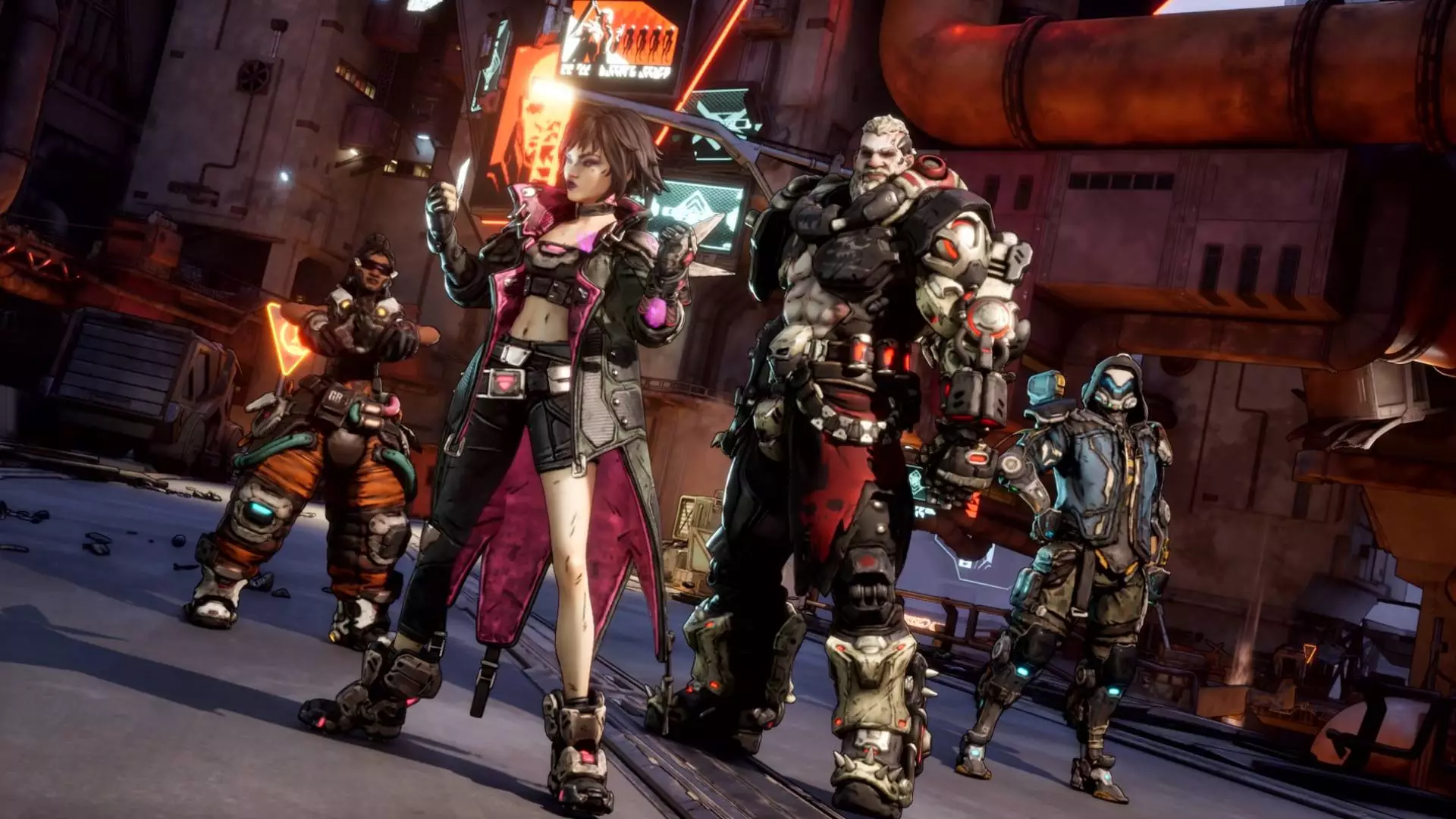The gaming community holds high hopes for Borderlands 4, with Gearbox Entertainment’s Randy Pitchford expressing strong confidence in its development. His assertion that Borderlands 4 is “turning out to be better” than its predecessor, Borderlands 3, reflects the studio’s commitment to evolving the franchise. Pitchford has engaged actively with fans via social media, conducting polls on the elements that players deem critical for a successful game. The results reveal an intriguing insight into player psyche — a desire for an immersive experience defined by substantial playtime, which he distilled down to mean quality rather than just quantity.
Connecting Playtime with Perception
The focus on playtime, while initially drawling a linear relationship with game quality, highlights a more nuanced aspect of gaming perception. Pitchford noted the paradox that even though players reported a higher engagement with Borderlands 3, many consider Borderlands 2 to be a more substantial game. This discrepancy raises an essential question: What exactly constitutes a “larger” game? Fans lean toward the idea that familiarity and nostalgia influence their perception, as Borderlands 2 has had the luxury of time to solidify its status in the gaming canon.
This phenomenon underscores an interesting twist in gaming analytics, where emotional resonance often supersedes objective statistics. Pitchford’s acknowledgment of the “relativity” in measuring playtime is both wise and critical. It addresses the extremes within player engagement, where casual gamers and enthusiasts alike paint the same canvas with wildly different brushes. It reveals the heart of gaming—it is not merely about statistics but about the experiences and memories that players forge along the way.
The Subjectivity of Gaming Experience
What is perhaps most compelling is Pitchford’s recognition of subjectivity within gaming. He reminds us that the gaming experience is highly individualistic and rooted in personal taste, categorizing players into “edge cases.” This candid admission offers a refreshing perspective, acknowledging that the chiming chorus of community feedback is a symphony of diverse preferences rather than a singular narrative. Each player’s unique journey with Borderlands constructs a multifaceted view of its quality.
Despite the swirling opinions, Pitchford remains steadfast that Borderlands 4 has the potential to surpass its predecessors. He confidently emphasizes that they are measuring success across multiple factors, including subjective impressions, leaving room for varied interpretations of what makes a gaming experience worthwhile. He exudes a palpable excitement for the new installment, showcasing a developer genuinely invested in delivering something special, which can create an infectious momentum within the community.
The Countdown to Launch
With the release date of Borderlands 4 soon approaching, fans are collectively holding their breath. Slated for launch on September 12, almost two weeks earlier than initially forecasted, anticipation is electric. The insights gleaned from Pitchford’s interactions should serve as a beacon of optimism. It’s not just about converting more hours into gameplay; it’s about crafting an enriching universe where players feel engaged, connected, and valued. As the countdown continues, the community is eager to discover whether this promise of a superior gaming experience will materialize or if it will remain merely an optimistic projection from the developers at Gearbox.


Leave a Reply